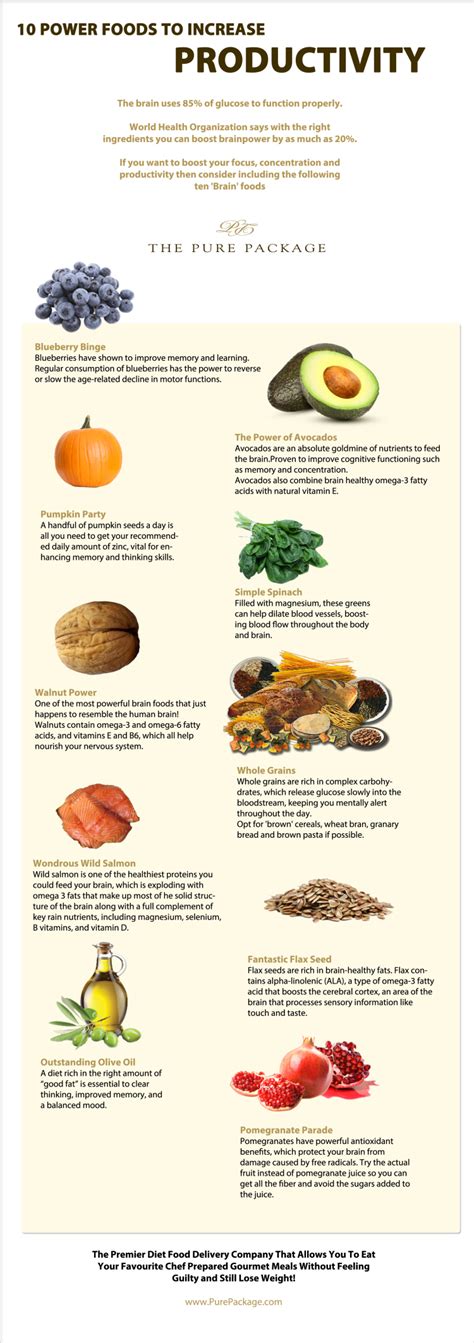The Energetic Blueprint: Understanding Macronutrient Conversion
For men, particularly those with active lifestyles or experiencing periods of increased physical stress, the body’s ability to efficiently convert food into usable energy is paramount. This intricate process hinges on the metabolism of dietary macronutrients—carbohydrates, fats, and proteins—into adenosine triphosphate (ATP), the primary energy currency of cells. While macronutrients provide the raw materials, a specific group of micronutrients, the B vitamins, act as vital coenzymes, driving the biochemical reactions that unlock this energy.
Without adequate levels of these essential B vitamins, the sophisticated machinery of energy production can falter, leading to reduced stamina, impaired recovery, and overall decreased physical and mental performance. Their roles range from initiating glycolysis to sustaining the Krebs cycle and facilitating the electron transport chain, making them indispensable for anyone looking to optimize their energy and performance.

The B-Vitamin Powerhouses: Each Role Explained
Each B vitamin plays a unique yet interconnected role in energy metabolism, acting as a catalyst for specific enzymatic reactions.
B1 (Thiamine): The Carb Conductor
Thiamine is crucial for carbohydrate metabolism, particularly in the early stages of glucose breakdown. It functions as thiamine pyrophosphate (TPP), a coenzyme for pyruvate dehydrogenase, an enzyme complex that converts pyruvate to acetyl-CoA, feeding into the Krebs cycle. It also plays a role in the pentose phosphate pathway, essential for nucleotide synthesis.
B2 (Riboflavin): The Redox Facilitator
Riboflavin is a precursor to flavin adenine dinucleotide (FAD) and flavin mononucleotide (FMN), two coenzymes vital for redox reactions. FAD and FMN are integral components of the electron transport chain, where they accept and donate electrons to generate ATP. Riboflavin is also essential for fatty acid oxidation, breaking down fats for energy.
B3 (Niacin): The NAD+ Master
Niacin is a component of nicotinamide adenine dinucleotide (NAD+) and nicotinamide adenine dinucleotide phosphate (NADP+). NAD+ is a critical coenzyme in glycolysis, the Krebs cycle, and the electron transport chain, facilitating the transfer of electrons for ATP production. NADP+ is involved in anabolic pathways, including fatty acid and cholesterol synthesis.

B5 (Pantothenic Acid): The Coenzyme A Cornerstone
Pantothenic acid is a fundamental component of Coenzyme A (CoA), a pivotal molecule in virtually all metabolic pathways. CoA is essential for the oxidation of fatty acids, the synthesis of cholesterol, steroid hormones, and neurotransmitters, and the entry of acetyl-CoA into the Krebs cycle from both carbohydrates and fats.
B6 (Pyridoxine): The Protein Processor
Pyridoxine, in its active form pyridoxal phosphate (PLP), is critical for amino acid metabolism. It facilitates transamination, deamination, and decarboxylation reactions, enabling proteins to be converted into glucose (gluconeogenesis) or utilized for energy. It also plays a role in neurotransmitter synthesis and glycogenolysis, the breakdown of stored glucose.
B7 (Biotin): The Carboxylase Catalyst
Biotin serves as a coenzyme for carboxylase enzymes, which are involved in synthesizing fatty acids, gluconeogenesis (the production of glucose from non-carbohydrate sources), and the metabolism of amino acids and odd-chain fatty acids.

B9 (Folate) & B12 (Cobalamin): The Synergy for Cellular Health
While not directly involved in the rapid energy conversion of macronutrients, Folate and B12 are crucial for cellular health and energy indirectly. Folate is vital for DNA synthesis and repair, and amino acid metabolism. B12 is essential for red blood cell formation, preventing anemia (which would compromise oxygen transport and energy). It also plays a specific role in the metabolism of fatty acids and amino acids.
The Demand Amplified: B Vitamins Under Physical Stress
During periods of increased physical stress, such as intense exercise, strenuous work, or chronic exertion, the body’s demand for energy escalates significantly. This heightened metabolic activity directly translates to a greater need for B vitamins. Increased energy turnover requires more coenzymes to facilitate the faster processing of carbohydrates, fats, and proteins.
Moreover, physical stress can lead to increased oxidative stress and inflammation, processes that further deplete B vitamin stores. Men who consistently engage in demanding physical activities, such as athletes, manual laborers, or those with high-stress occupations, are particularly susceptible to B vitamin deficiencies if their dietary intake isn’t adequately managed. Ensuring optimal B vitamin status during these times is critical for maintaining performance, promoting recovery, and supporting overall physiological resilience.

Optimizing Male Energy: Dietary Strategies and Supplementation
For men aiming to maximize energy conversion and withstand physical stress, a diet rich in B vitamins is essential. Excellent sources include whole grains, lean meats (especially organ meats), poultry, fish, eggs, dairy products, legumes, leafy green vegetables, and fortified cereals. However, factors like dietary restrictions, poor absorption, or exceptionally high physical demands can sometimes make it challenging to meet these needs through diet alone.
In such cases, targeted supplementation may be beneficial, ideally under the guidance of a healthcare professional. A balanced B-complex supplement can ensure all essential B vitamins are adequately supplied, supporting the body’s energy production pathways and contributing to sustained vitality and performance.
Conclusion: Fueling Performance from Within
The B vitamins are not merely a footnote in nutrition; they are the unsung heroes of energy metabolism. For men, especially those pushing their physical limits, these micronutrients are indispensable for converting dietary macronutrients into the robust, usable energy needed for daily life, intense training, and effective recovery. By understanding and prioritizing adequate intake of these specific B vitamins, men can empower their bodies to perform at their peak, transforming fuel into dynamic, sustained power.





